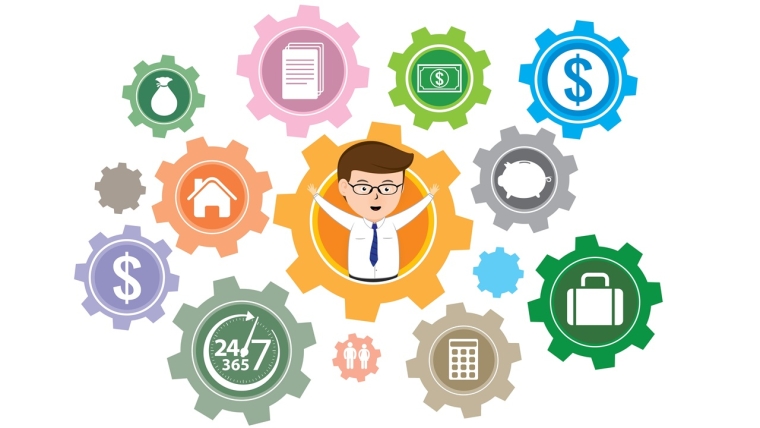
New Zealand's services sector, which makes up about two-thirds of our GDP, shrank again last month and is "a long way from being back to full health", BNZ economists say.
The BNZ – BusinessNZ Performance of Services Index (PSI) for April showed a slight fall to 48.5 from 48.9 in March. (A PSI reading above 50.0 indicates that the service sector is generally expanding; below 50.0 that it is declining).
BNZ senior economist Doug Steel and economist Matt Brunt said for all the commentary around the economic recovery, "the PSI is a good reminder that current conditions are extremely challenging".
"New Zealand’s PSI remains weaker than all our key trading partners. At 48.5, it’s consistent with a service sector still moving backwards," they said.
The economists noted that across industries, the PSI retail trade index has consistently been the weakest over the last year.
"Official figures show that retail sales volumes have declined in 9 of the last 12 quarters."
While the services sector continued to languish, the latest BNZ – BusinessNZ Performance of Manufacturing Index (PMI) that was released on Friday showed that New Zealand’s manufacturing sector showed an uptick in expansion during April.
The seasonally adjusted PMI for April was 53.9 (a PMI reading above 50.0 indicates that manufacturing is generally expanding; below 50.0 that it is declining). This was up from 53.2 in March and the fourth month in a row showing expansion. The survey was also above the average of 52.5 since it began.
However, Steel and Brunt said combining together the PMI and PSI, the Composite Index (PCI) suggests the economy is struggling for momentum.
"There is an increasing risk that our forecasts for GDP growth of around 2% this year are not met."
3 Comments
Until there's a further, meaningful reduction in interest rates, this on again, off again going on in the economy is set to continue.
It's everywhere; retail sales, real-estate, services, wholesale, you name it.
We are changing over from an economy that was based on non value added rentier property gains, to a more value added economy.
It's going to hurt many, especially those who bought into the rentier model late, but has to happen.
It is important that when interest rates drop, the saving is not captured in rising non value added house price rises, but is available as discretionary income.
You just can't keep putting up the price of flat whites to cover any underlying non value cost increases.
Government spending - the ongoing contraction in funding for multiple in-flight programs and projects is continuing to play out. The growth in the money supply has been curtailed directly and, in most cases, this will contract the economy.
As the economy gets smaller and weaker - interest rates fall in response to that which suggests that low interest rates are telling us the economy is contracting and may not be the growth panacea we are all hoping for.
Will lower interest rates lead to a demand boost and economic recovery? Not necessarily - there is economic research (Richard Werner) to suggest that interest rates are a lagging indicator not a leading indicator.
Economic growth depends on a growing money supply and this happens when new money is created in the economy out of thin air - loans from banks, government spending and exports are the 3 sources of new money.
Collectively you want them to bring confidence to spend and credit growth. Currently those things are not happening.
An over reliance on falling interest rates may be a mistake.

We welcome your comments below. If you are not already registered, please register to comment
Remember we welcome robust, respectful and insightful debate. We don't welcome abusive or defamatory comments and will de-register those repeatedly making such comments. Our current comment policy is here.